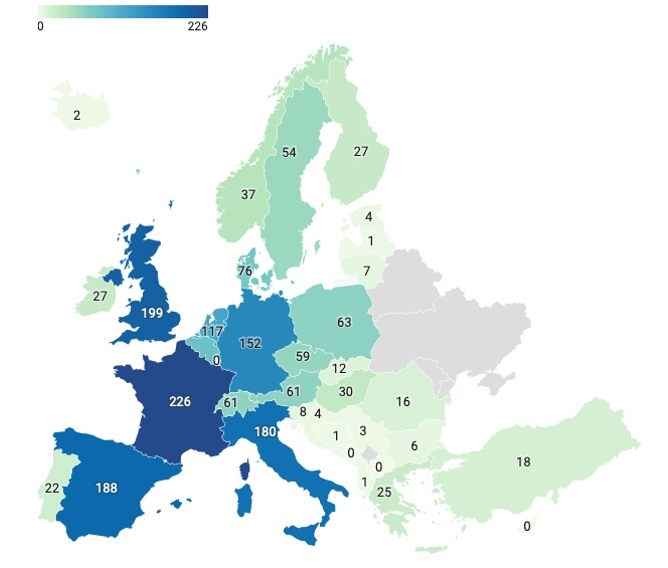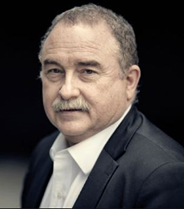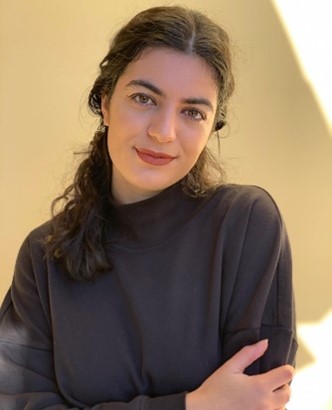The European Society for Paediatric Oncology (SIOPE) is committed to curing more, curing better, and reducing inequalities for children and adolescents with cancer across Europe. Whereas political discourse increasingly prioritizes competitiveness – with Commissioner for Health Olivér Várhelyi highlighting competitiveness and innovation as powerful tools for his portfolio – children’s health remains the foundation of a cohesive, secure and competitive Europe. As the EU prepares for the next seven-year budget cycle, sustained attention to childhood cancers – building on Europe’s Beating Cancer Plan and Cancer Mission – is essential to save lives, empower survivors, and eliminate inequalities in access to care and research.
Childhood cancers are rare, yet together they are the leading cause of disease-related death in children over the age of one in Europe. Each year, more than 35,000 children and adolescents across the continent are diagnosed with cancer – and over 6,000 tragically lose their lives. Alarmingly, children in Eastern Europe face overall survival rates that are approximately 20% lower than those in Western Europe – a disparity that is both unacceptable and avoidable.
SIOP Europe generated important evidence on factors that may underpin these inequalities, both from a policy and care and research organization perspectives.
 Number of cancer-directed paediatric and adolescent trials from 2010 to 2022 in Europe (N=436)
Number of cancer-directed paediatric and adolescent trials from 2010 to 2022 in Europe (N=436)
The SIOPE National Cancer Control Plan (NCCP) Project, conducted in collaboration with the Institute of Biomedical Research of Bellvitge, set out to evaluate how childhood cancer is addressed in NCCPs across 41 European countries. Published in the Lancet Regional Health – Europe, findings point to a variable presence of childhood cancers in NCCP. There was overall a clear emphasis on access to specialist care and multidisciplinary team; however, only 4 out of 22 NCCPs were classified as having a comprehensive approach. Recommendations call for national policies to be aligned with Europe’s Beating Cancer Plan – particularly its Spotlight on Childhood Cancer – by ensuring every NCCP includes a dedicated section on paediatric oncology. This should take a comprehensive approach, covering all stages of the patient pathway and including research, which is integral to childhood cancer control.
As a follow-up companion initiative, the SIOPE OCEAN (Organisation of Care & rEsearch for children with cANcer in Europe) project conducted a detailed mapping of childhood cancer care facilities and research protocols. The project mapped 386 centers across 38 countries, including 22 cancer centers and 364 other facilities, and highlights the fundamental differences between the care and research in the paediatric cancer sector as compared to the adult cancer sector. The resulting childhood cancer country-specific profiles have contributed essential data to the European Cancer Inequalities Registry. The OCEAN Care manuscript, recently published in the European Journal of Cancer Paediatric Oncology, highlights disparities in access to paediatric cancer care and research (e.g. availability of specialized services, treatment options, participation in research) across Europe.
Together, these projects provide essential evidence to continue addressing inequalities and unmet needs of children and adolescents with cancer across Europe.
Europe’s competitiveness is not solely driven by economic performance – it also depends on the health and well-being of its citizens, including its youngest and most vulnerable: children, who are our future. Continued investment in childhood cancer as a priority should be a key orientation in the development of the next EU budget cycle, so that no child is left behind.
 Prof. Gilles Vassal is Policy Lead and a Board Member at SIOPE
Prof. Gilles Vassal is Policy Lead and a Board Member at SIOPE
 Rachele Vedovelli is Junior Policy Officer at SIOPE
Rachele Vedovelli is Junior Policy Officer at SIOPE
Sign up to The Parliament's weekly newsletter
Every Friday our editorial team goes behind the headlines to offer insight and analysis on the key stories driving the EU agenda. Subscribe for free here.